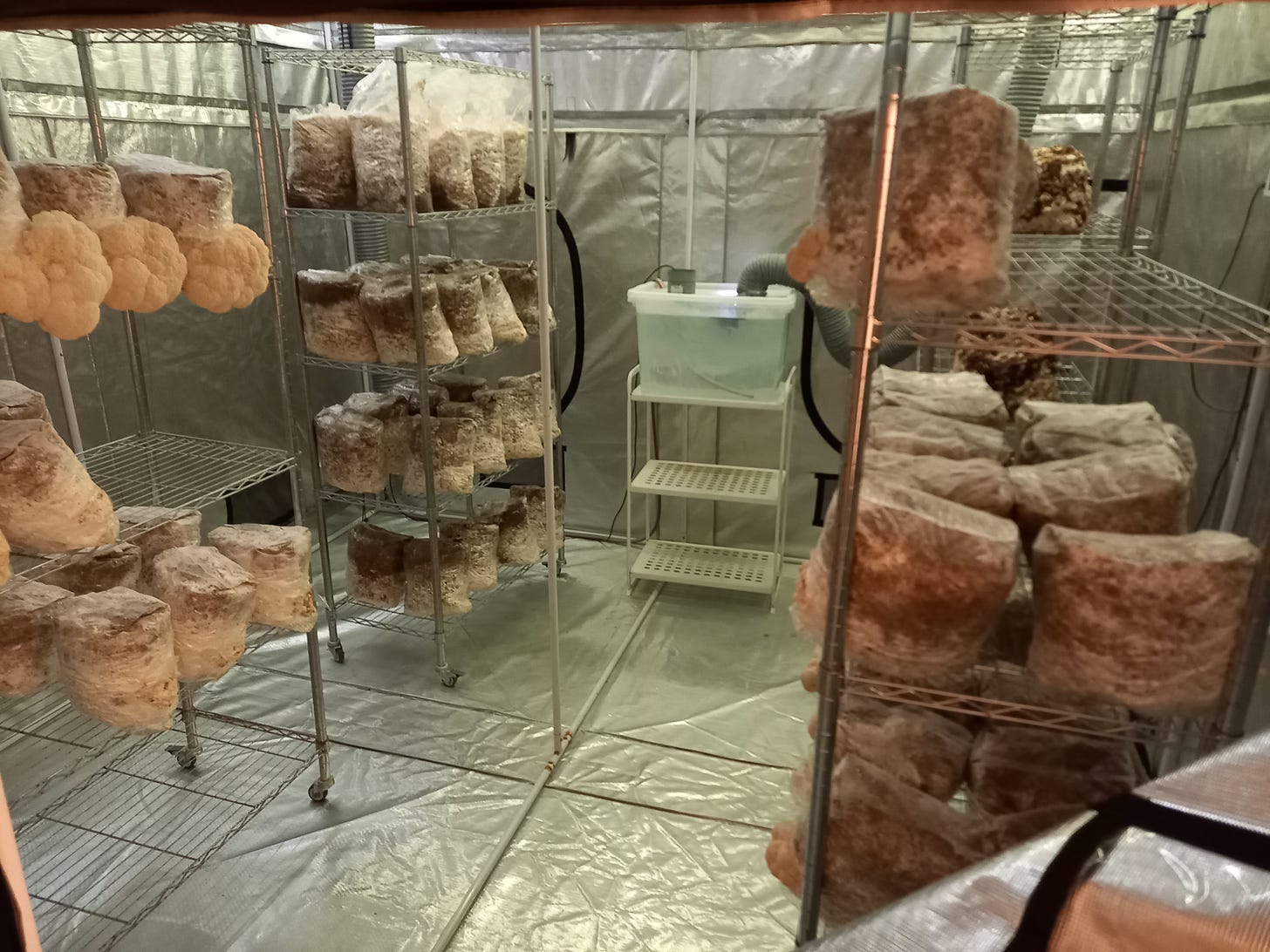This weekend we are hosting an event in my (Viktor) home village, Röstånga, where we want to explore how a village-specific suite of software modules could help us better coordinate in and between groups to enrich our lives and locally.
So I’d like to offer a narrative for this place in the hilliest side of flatland southern Sweden. Into this narrative I will weave darksoil.
We’re a village with about 1000 people, another 1000 within 10 minutes. Around us in three directions are mostly industrial farms and some plantation forests, but we are backed to the north by a national park that’s been allowed to cycle water relatively peacefully for the last 50 years. Water that we are very happy the land is keeping for us into the future.
It’s a curious place, an old outpost for travelers looking to fork east or west around the hill. It has been a place for recreation for a long time, so we can have almost as many visitors as residents here. I came here with my family six years ago and am beginning to feel a little bit like a part of the landscape.
There are lots of things going on. Lots of people moving in and out. Businesses are trying to make their living and provide people with goods. Lots of groups exist formally and informally. People are having conversations, making and trying to make things happen all the time. Small things happen frequently, but there is space for lots more. I can sense a deep need here for people to meet and relate more. I find myself asking Bonnitta Roy’s question: Can we use tech to create rich environments for emerging potentials? I think so.
There are plenty of ideas bubbling around the hillside; day-outings, picnics, game nights, conversation cafes, circles and workout sessions are trying to happen, but many never materialize. It is not easy to find a place to communicate with most people here. It’s a little simpler within the small groups, Signal is used by a decent percent of the population, but there’s only so much quick words will do in organizing. We are really needing a way to coordinate events on the village scale, so an Events Module might do wonders in getting people out the door, and bringing them together more.
In a little local coop, Growhub, we are doing mushroom production, hosting a co-working space, and managing an event space. We need the Events Module as a way to make our events available both within the village and to people from the outside. In conjunction with the events we also rent our space out to other people to run events, so a Booking Module is needed for that (which by the way we need for tool/vehicle sharing on the village level too).
Another organization in the village is a little food coop, Röstånga Rekomat, that does collective purchasing. This group is creating relationships with producers and distributors in order to supply members with the food they want which aligns with their values. To make the work of this group easier and more joyful, we need some software to replace spreadsheets with a tool that’s built for purpose, with more robust functionality which includes creating and invoices and managing accounting. Röstånga Rekomat is longing for a Collective Purchasing Module.
Mycogreens, the mushroom operation we are running, is also experiencing what I think most food producers are painfully aware of: sales and distribution is a big thing. It takes up a lot of time, for us at least as much time as the actual cultivation of mushrooms does. So for us to have Collective Purchasing Module for our customers would free us from a lot administrative effort. Perhaps in time we’ll have an extension of this module to help us connect to our suppliers and business partners, like the local restaurant, so that their workload around all of this also becomes less. Using an open language for economic activity in this module opens the door to a collaboration around a bioregional bazaar that would help our food production adventures grow in a healthy way.
These are some of the use cases I see as urgent ones to fulfill our basic needs here in the village. There are many more percolating processes here that I think would benefit from digital facilitation, we have just finished zoning for an ecovillage. Using things like compost and accommodation as asset-backing in order to begin those initiatives feels like an exciting possibility and I will expand more on this in a coming blog post.
This narrative is a continuation of an exploration on what an integrative approach to local regeneration using Holochain might look like. A more descriptive post from about a year and a half ago is available here.
At darksoil we’re building these modules in conversation and correspondence with others who find their circumstances and needs reflected in our work. This allows us to adapt our tools to be useful to others in fulfilling their own local needs more easily.
If you are exited to support our efforts in creating this software you are welcome to contribute through our Open Collective. More information on us and what we are working on can be found at darksoil.studio.





